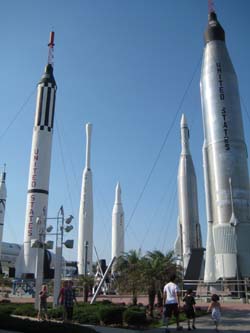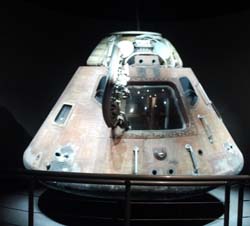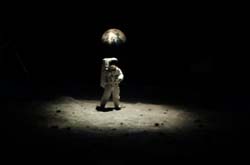So Spake Mo…
Stories bend over time. They stretch and
twist, they slide and expand to fit their new tellers, the new needs they are
brought out to serve.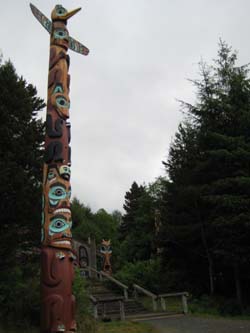
The Tlingit people of Alaska have assembled
many of their people’s stories in the Saxman Totem Park outside of Ketchikan.
Each totem tells a story. And when each totem falls, the story is written anew
by the next generation’s carvers.
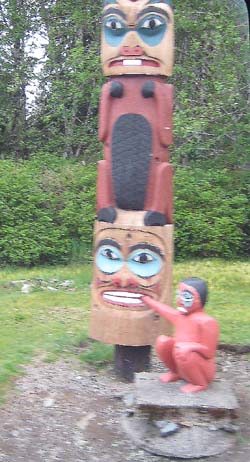
The foot of the Giant Rock Oyster Totem
depicts the story from which the Giant Rock Oyster House of the Tlingit took its
name.
A carver takes up his blade…
In a terrible tragedy, a young man of the
house lost his life when his hand became trapped between the shells of a Giant
Rock Oyster and he drowned in the incoming tide.
A new carver takes up the blade…
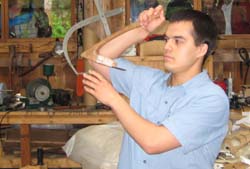
Once long ago, a boy wandered out in low
tide and spied a pearl of great beauty in the glistening bowl of a great rock
oyster. The exquisite pearl filled his heart with greed. Thinking himself
clever, he sought to steal the pearl from the oyster’s maw. Snap! The oyster
clamped it shell over the boy’s thieving hand and held him as the waters of the
rising tide overtook him.
The carving blade passes to a new
hand…
In a time not so different from today there
lived a little boy who did not listen to his mother. Time after time she warned
him against putting his hands where he could not see. And finally it happened:
the boy reached into murky waters and disturbed the rest of a giant rock oyster.
The boy shouted when the oyster clamped its powerful shells over his disobedient
hand. His mother came and gave him his choices: he could either cut off his hand
to free it from the oyster or he could try to hold his breath through the
incoming tide. He chose to hold his breath and perished in the waves.
The story transforms with its tellers, its
tellers transform with the telling. The story binds the listeners together
through the generations, through the moment when they are reminded where they
come from, who they are, who they were before.
So Spake Me…
We are losing stories.
We complain about lack of community. And yes,
parents work more. Yes, technology creates a greater divide between people. But
without a common core, without a common set of stories it is very difficult to
create that sense of belonging that binds, that sense of belonging that drives
people to set the report aside, to close out of the online games and step
outside and join with their neighbors.
Shared experience creates stories that bind
people. Just last night I stayed up until the wee hours reminiscing with a
childhood friend I hadn’t seen in ten years. We laughed, we rolled our eyes and
shook our heads and marveled at how the distance of decades and new experiences
had changed the stories we shared. Old stories teaching new lessons over
espresso and cheesecake.
We all love those tales of the glory days. We
love to know there are people who know where we come from. Then imagine how even
more powerful yet are those stories about our roots, weaving together far-flung
families, drawing together even large and diverse communities.
So take a moment and learn the story of your
family (I’ll bet its fascinating). Learn the story of your community and the
brazen impudence that made it possible.
Then share it.
And see what you create.

